
Out of all the ‘new things’ that the Coronavirus pandemic has brought about (social distancing, lockdowns, and global remote working…

Out of all the ‘new things’ that the Coronavirus pandemic has brought about (social distancing, lockdowns, and global remote working…
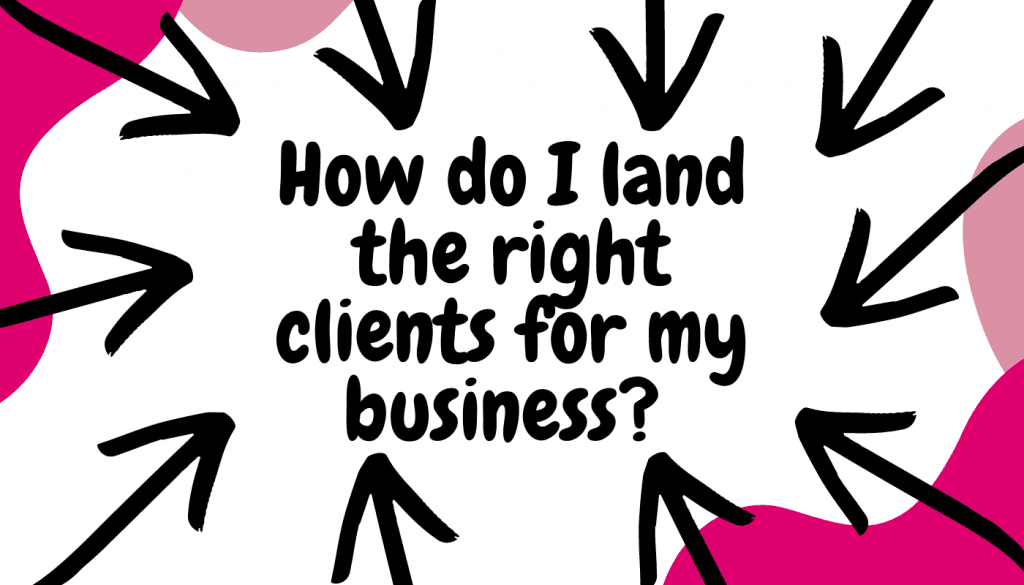
While sometimes it’s necessary to take on clients at a lower price than we want – especially when we are…

Two sports teams both have the goal to win the game at hand, but only one can. This shows that…
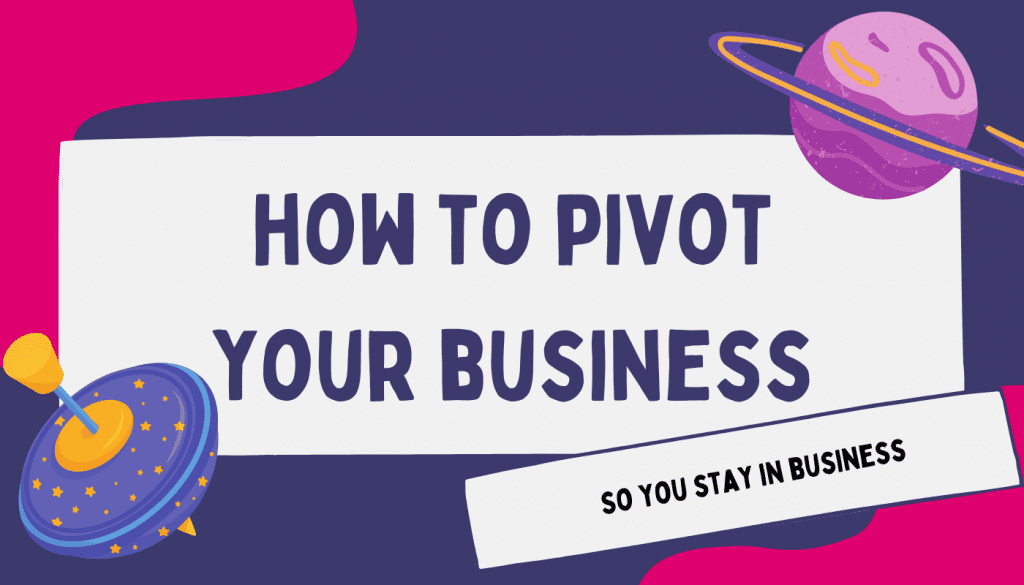
As we keep plunging deeper into a global recession, it can be tempting to panic and dither with decisions, but…
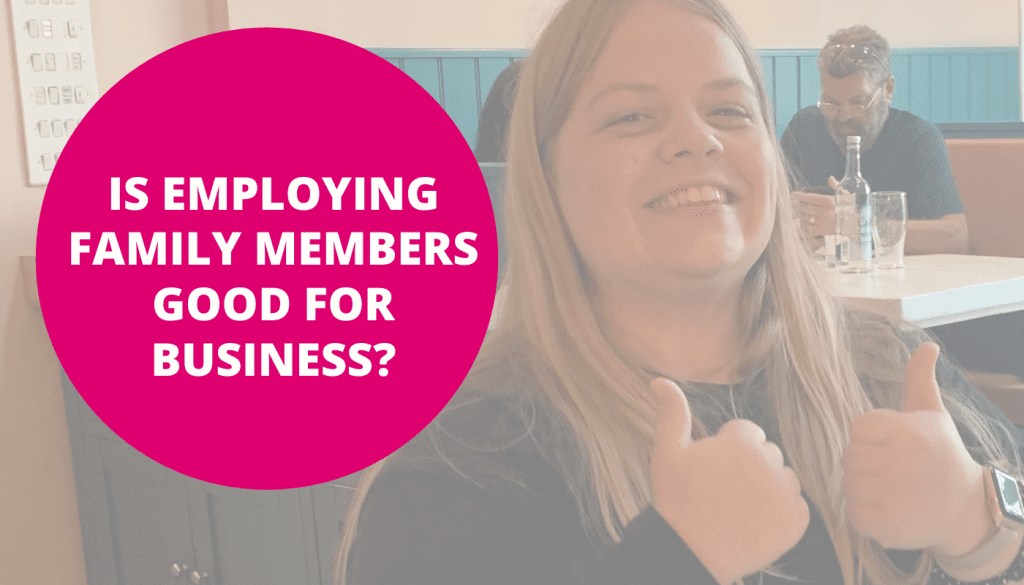
Employees are sometimes afraid to voice their opinions. The same goes for disappointments, frustrations or general ideas, especially when it…

As author Dough Hall correctly put it, “if your profit margins aren’t rising, chances are your company isn’t thriving.” Makes…
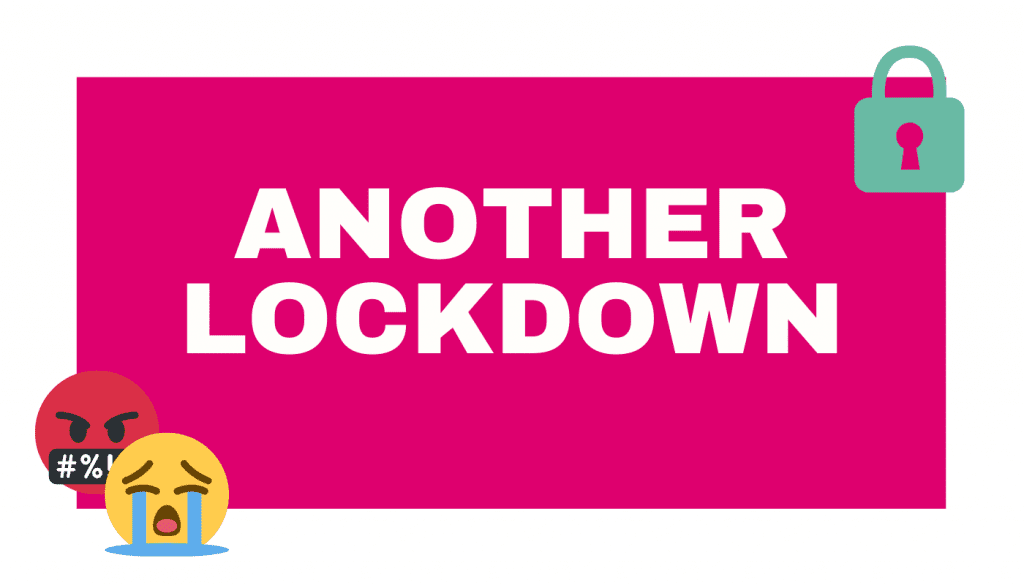
Yesterday the Scottish and English governments announced national lockdowns with schools being closed. The net result being all of England…

The UK Prime Minister, Boris Johnson, UK Chief negotiator David Frost and EU negotiator Michel Barnier continue to offer differing…

Are you saying yes to every piece of business coming your way? Do you hear yourself saying ‘I wish I’d…
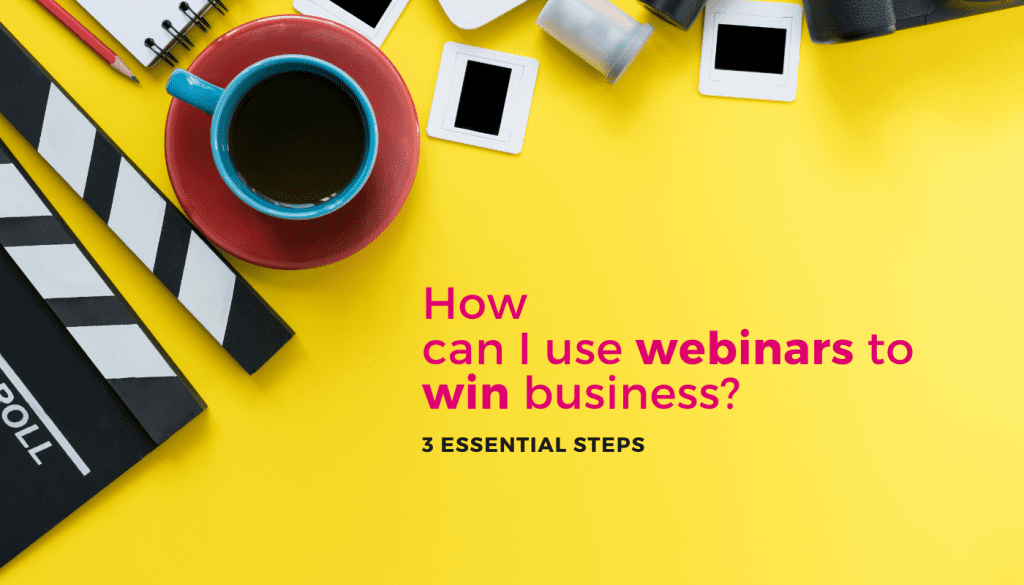
Webinar marketing is all about hosting online workshops to build a relationship with attendees and to promote and increase credibility…